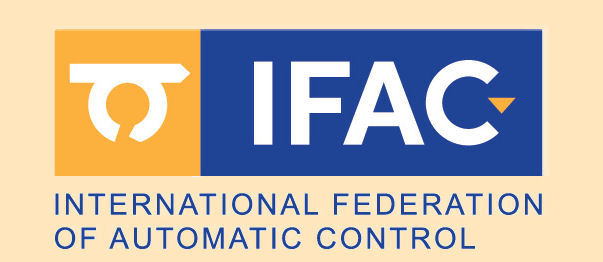| Paper WeBT2.2
Seeber, Richard (Graz University of Technology), Hölzl, Stefan Lambert (Graz University of Technology), Bauer, Robert (Kristl, Seibt & Co Ges.m.b.H.), Horn, Martin (Graz University of Technology)
Optimization-Based Iterative Learning Speed Control for Vehicle Test Procedures
Scheduled for presentation during the Regular Session "Estimation and Diagnosis: Exhaust Emissions" (WeBT2), Wednesday, June 26, 2019,
15:50−16:10, Chenonceau
9th IFAC International Symposium on Advances in Automotive Control, June 23-27, 2019, Orléans, France
This information is tentative and subject to change. Compiled on April 24, 2024
|


 This site is protected by copyright and trademark laws under US and International law.
This site is protected by copyright and trademark laws under US and International law.